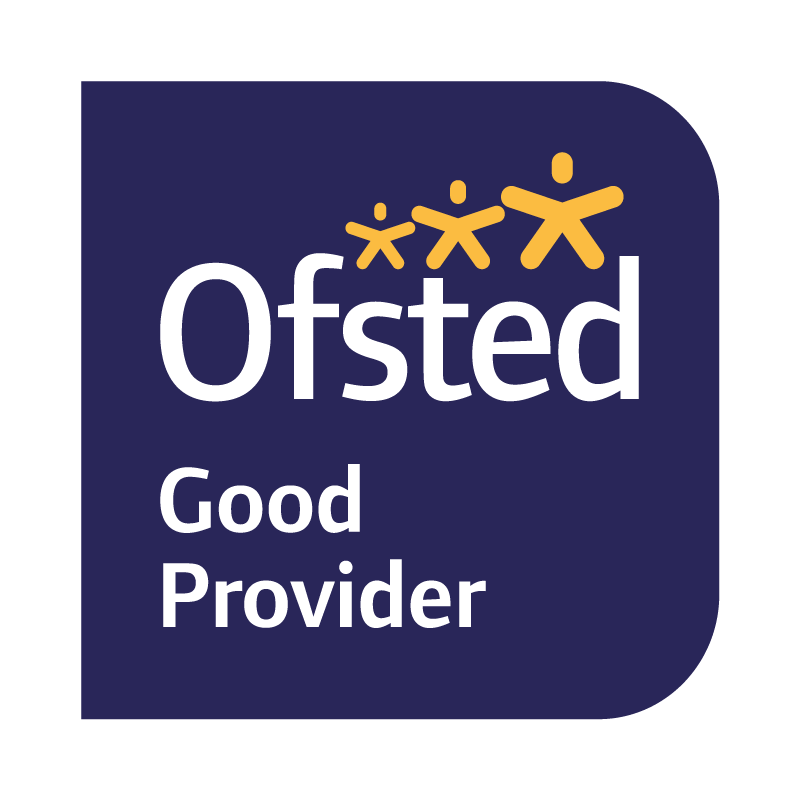Children are given regular opportunities to write for a purpose, using the wider topic to give a context. Specific text types are taught, using quality text as a model to develop children’s understanding of the genre; the structural and language features of the text are analysed and basic skills teaching of punctuation and grammar ensure that children are well prepared for their own composition. Extension of children’s vocabulary is a key priority and every opportunity is taken to advance this important area. Teacher modelling is an integral part of ensuring that children are prepared for their own compositions, as are talk for writing techniques. Standardised planning frames are used across school. The learning environment supports children to learn – ‘working walls’ help to consolidate child’s understanding of prior learning. Detailed marking of extended writing with improvement prompts, and one-to-one writing conferences, support children in taking their learning forward. As well as the main text type, children apply their understanding of previously taught genres during their topic work, thus ensuring text types are regularly revised. Additional basic skills sessions, including spelling and handwriting, are planned. These are specific to the needs of classes, groups and individuals.
The school follows the English Curriculum as described in the National Curriculum 2014
Aims
The overarching aim for English in the national curriculum is to promote high standards of literacy by equipping pupils with a strong command of the written and spoken word, and to develop their love of literature through widespread reading for enjoyment. The national curriculum for English aims to ensure that all pupils:
- read easily, fluently and with good understanding
- develop the habit of reading widely and often, for both pleasure and information
- acquire a wide vocabulary, an understanding of grammar and knowledge of linguistic conventions for reading, writing and spoken language
- appreciate our rich and varied literary heritage
- write clearly, accurately and coherently, adapting their language and style in and for a range of contexts, purposes and audiences
- use discussion in order to learn; they should be able to elaborate and explain clearly their understanding and ideas
- are competent in the arts of speaking and listening, making formal presentations, demonstrating to others and participating in debate.
The programmes of study for writing at key stages 1 and 2 are constructed using skills from 2 dimensions:
- transcription (spelling and handwriting)
- composition (articulating ideas and structuring them in speech and writing)
Teaching develops pupils’ competence in these two dimensions. Pupils are also taught how to plan, revise and evaluate their writing. These aspects of writing have been incorporated into the programmes of study for composition. Writing down ideas fluently depends on effective transcription: that is, on spelling quickly and accurately through knowing the relationship between sounds and letters (phonics) and
understanding the morphology (word structure) and orthography (spelling structure) of words. This is taught through daily 20 minute lessons and applied through all areas of the curriculum. Effective composition involves articulating and communicating ideas, and then organising them coherently for a reader. This requires clarity, awareness of the audience, purpose and context, and an increasingly wide knowledge of vocabulary and grammar. Writing also depends on fluent, legible and, eventually, speedy handwriting.



